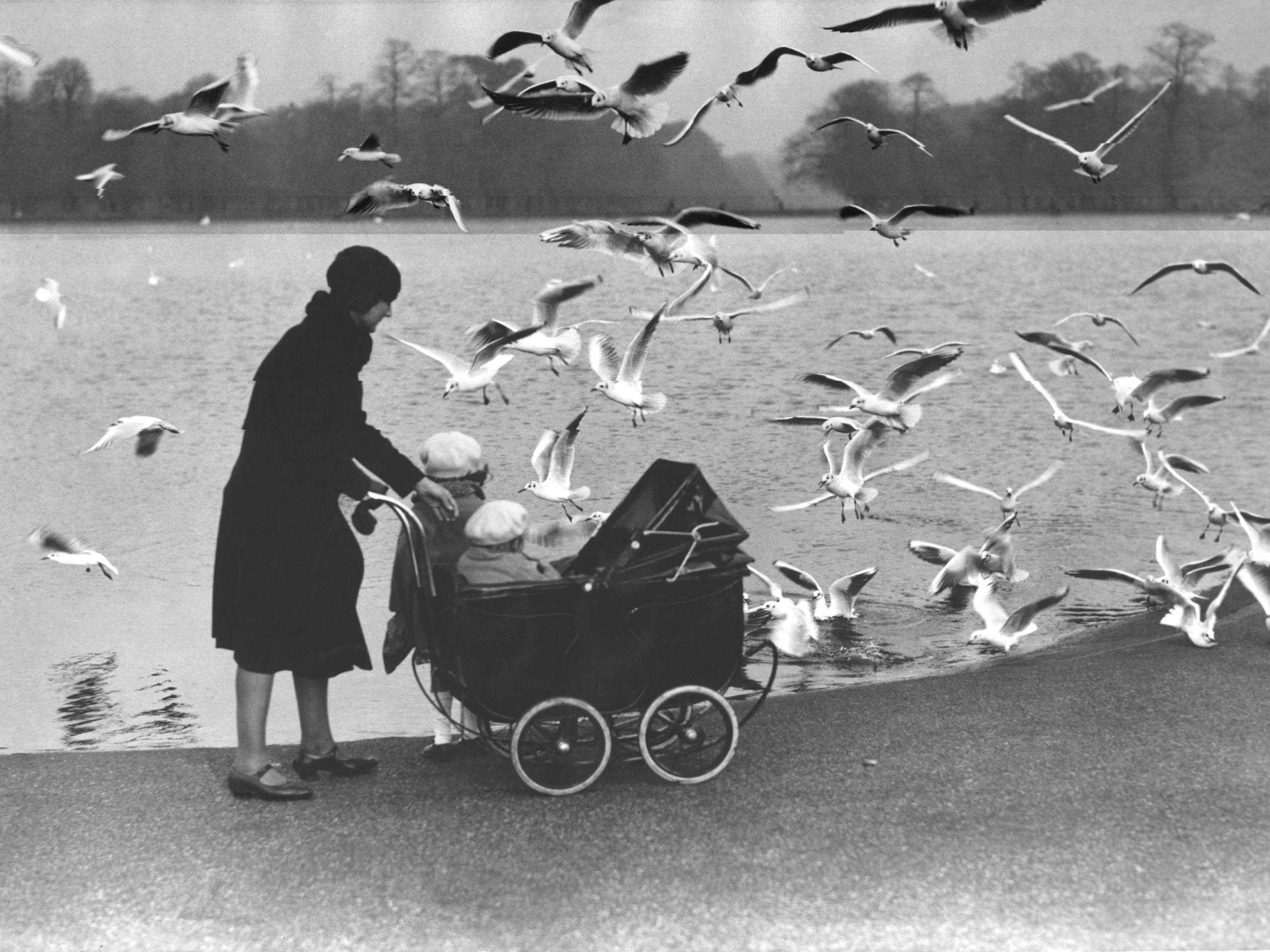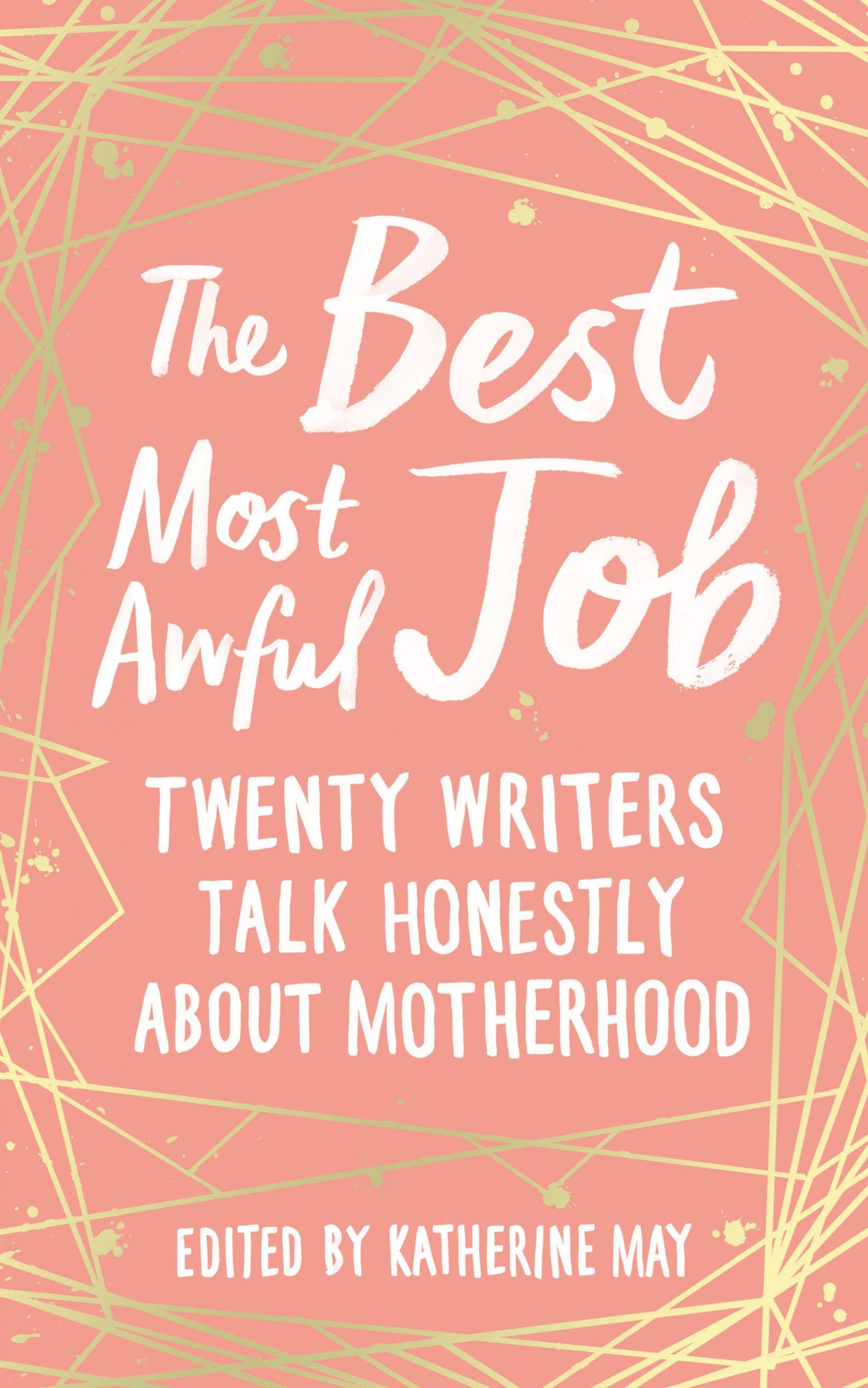At last, it’s OK to write about what an infuriating slog motherhood can be
A powerful anthology, ‘The Best Most Awful Job: Twenty Writers Talk Honestly About Motherhood’, demonstrates that women are finally opening up about the relentlessness and resentments that are as much a part of motherhood as elastic-topped jeans, says Ceri Radford


Your support helps us to tell the story
From reproductive rights to climate change to Big Tech, The Independent is on the ground when the story is developing. Whether it's investigating the financials of Elon Musk's pro-Trump PAC or producing our latest documentary, 'The A Word', which shines a light on the American women fighting for reproductive rights, we know how important it is to parse out the facts from the messaging.
At such a critical moment in US history, we need reporters on the ground. Your donation allows us to keep sending journalists to speak to both sides of the story.
The Independent is trusted by Americans across the entire political spectrum. And unlike many other quality news outlets, we choose not to lock Americans out of our reporting and analysis with paywalls. We believe quality journalism should be available to everyone, paid for by those who can afford it.
Your support makes all the difference.Given that literature thrives on probing difficult but defining experiences, you would expect the shelves of the canon to creak with the weight of great writers exploring motherhood. After all, what is a tricky love affair compared to expelling a new human being from your body and keeping it alive as it goes from helpless blob to something capable of sarcasm and quadratic equations? Surely there can be few greater fuels for writing than the bubbling brew of love and loss that goes with the transition from being a free, autonomous person to someone who can’t go to the toilet in peace. So where are all the books?
The answer is that they’re mostly missing in action, because the canon has not only long marginalised women, but in a more subtle way trivialised anything connected with the female experience. As Rachel Cusk – one of those notable exceptions – put it, there’s a “gloomy suspicion that a book about motherhood is of no real interest to anyone except mothers”.
It’s the same old problem: male experience is taken as universal, female as niche. Thankfully, things are changing, as a powerful anthology, The Best Most Awful Job: Twenty Writers Talk Honestly About Motherhood, edited by Katherine May, demonstrates. Released in time for Mother’s Day, it’s part of a trend that provides the perfect backlash to that pastel-toned parade of bouquet-buying. From the firehose of frank and often hilarious grievances that is Mumsnet to memoirs like Meaghan O’Connell’s And Now We Have Everything, women are finally opening up about the relentlessness and resentments that are as much a part of motherhood as elastic-topped jeans.
As someone who feels like the onset of parenthood would be documented as a human rights abuse had it occurred in any other sphere (wait, I just lost two nights in labour, then had an emergency C section, then instead of resting after a major op, I won’t sleep five straight hours for the next... six months?), I’m delighted by this new trend. If I had added a Post-it Note to every sentence in this book that made me laugh, wince in recognition, or faintly well up, I would have turned it into a paper porcupine.
Many of the essays thrum with an anger that is both political and personal, in a world where women still shoulder an unfair burden of undervalued toil. As the novelist Saima Mir writes in her essay, Maternal Rage:

“I keep trudging on through the drudgery, but the incessant demands keep coming, and then I step barefoot on a rogue piece of Lego and it’s game over. I scream. I scream like a banshee, because it’s all I can do. Because I’ve tried everything to make the f***ers listen. Thinking steps, time out, taking away toys. But children who are loved discover boundaries by pushing their limits.”
The writer is at the end of her tether, and who can blame her? She has three small children, she’s at home all day and, in her own words, “we are expected to slot into a system created for 1950s men”.
Ah, 1950s men. I often allowed myself a vague fantasy, when I was first back at work, wrapping up my day in a mad flap to get to nursery pick-up in time to get home for the usual rigmarole of dinner-bath-story-bed, all the while keeping a guilty eye on email. (Anyone misty-eyed about motherhood should grapple with the fact that the same kid who refuses to get into the bath will refuse to get out of it again, with equal zeal, 10 minutes later.) The fantasy was this: I was a 1950s man with a housewife. I would return from work to a pervasive atmosphere of adulation at my ability to earn a paycheck. My bag would be taken from my hand, a drink would be placed in it, my offspring would be presented, fragrant from their bath, for a kiss before being whisked off to bed. Simultaneously cleaning sweetcorn off the kitchen floor while stewing over a deadline would not form any part of it. Calm and home-cooked dinner, ideally on a tray, would.
Since that distant and in no way ideal era, the amount of work a typical couple undertakes has swelled as women entered the workforce en masse, while many of the support structures in place (close networks of family and friends, affordable nursery) have been eroded. No wonder there is such a deep seam of maternal angst to tap. In the words of the playwright Sharmila Chauhan, another of the writers included in this new essay, “Our society does little to create viable and sustainable models of family life.”
The resulting strains, especially on relationships, come across so vividly in these essays that you can practically hear the hum of teeth being ground. Chauhan seethes as her husband spends too long in the shower, which may sound trivial to anyone who isn’t a parent and aware of the constant calculus of your-turn-my-turn involved in leaving the house on time. She skewers it as she writes that “a relationship is like a mirror that cracks when you have children”. Men are more involved with their children than ever before, and the pattern of the put-upon mother is not true for everyone, myself included – I would have spontaneously combusted by now without a genuinely fair distribution of work at home. But a society where women are generally still raised to be more self-sacrificing while men are permitted to be more selfish, and where the average family is overloaded and undersupported, creates a toxic mix that is eloquently, importantly explored here.
For those who sit outside the status quo, the challenges are tougher. I found the early stretch of motherhood a discombobulating slog, even though I’m well aware that I check pretty much every box of privilege. The bone-tired frustration of a single mother who can’t swim in the sea with her son because she needs to watch their stuff, a woman raising mixed-race kids in an increasingly hostile country, an autistic mother who only realises something is off when her baby reads emotions faster than she can: these are perspectives that need to be heard. The most poetic essay is from Peggy Riley, whose raw account of her failure to have a baby points to another truth about why women have been reluctant to write about the hardships of motherhood: because we know how lucky we are.
But this relative luck shouldn’t stop us having the conversations that need to be had about how society can change to support families, and literature has its role to play. Better than a limp bouquet is a book that speaks these complex truths.
‘The Best Most Awful Job: Twenty Writers Talk Honestly About Motherhood’ is published by Elliott & Thompson Ltd on 19 March
Join our commenting forum
Join thought-provoking conversations, follow other Independent readers and see their replies
Comments